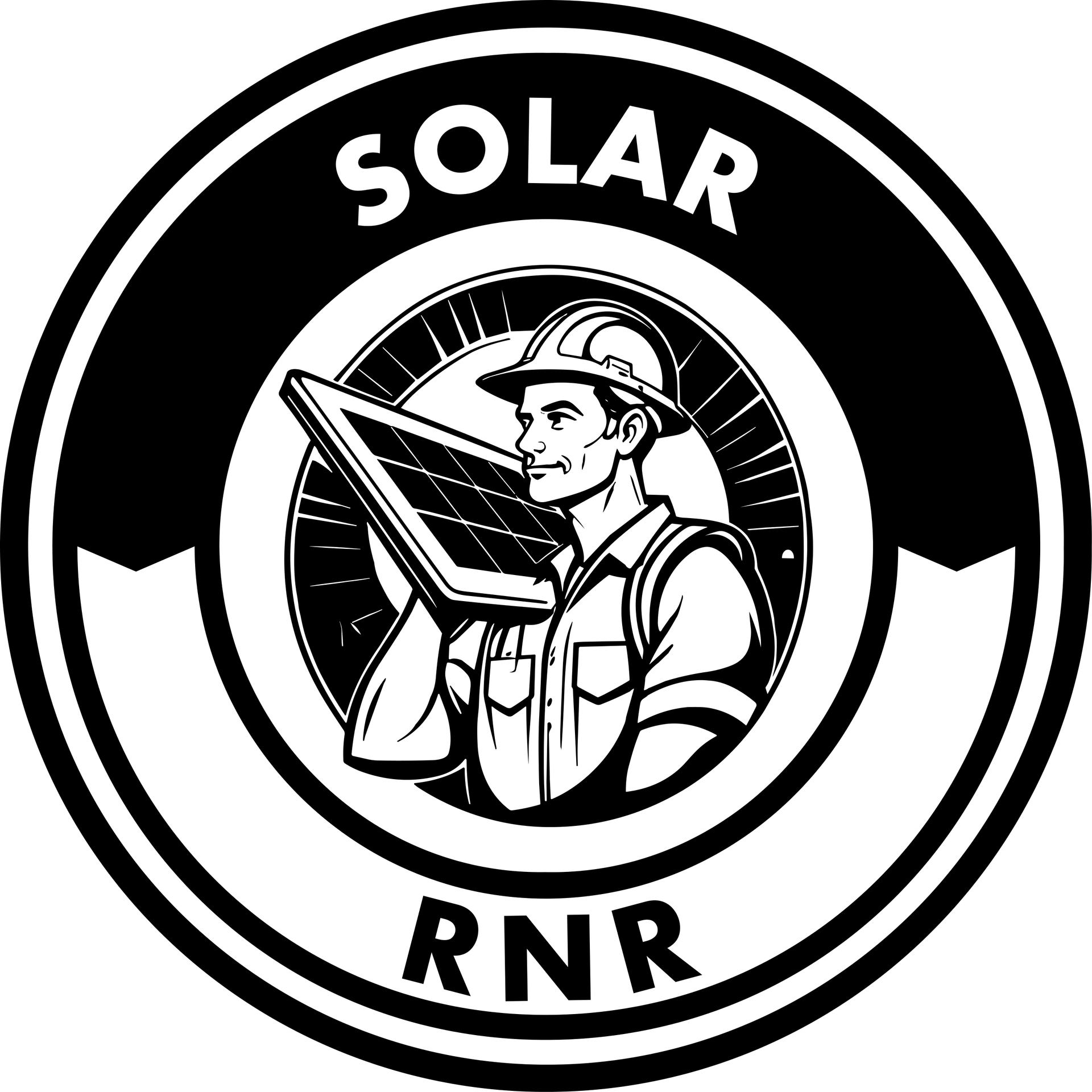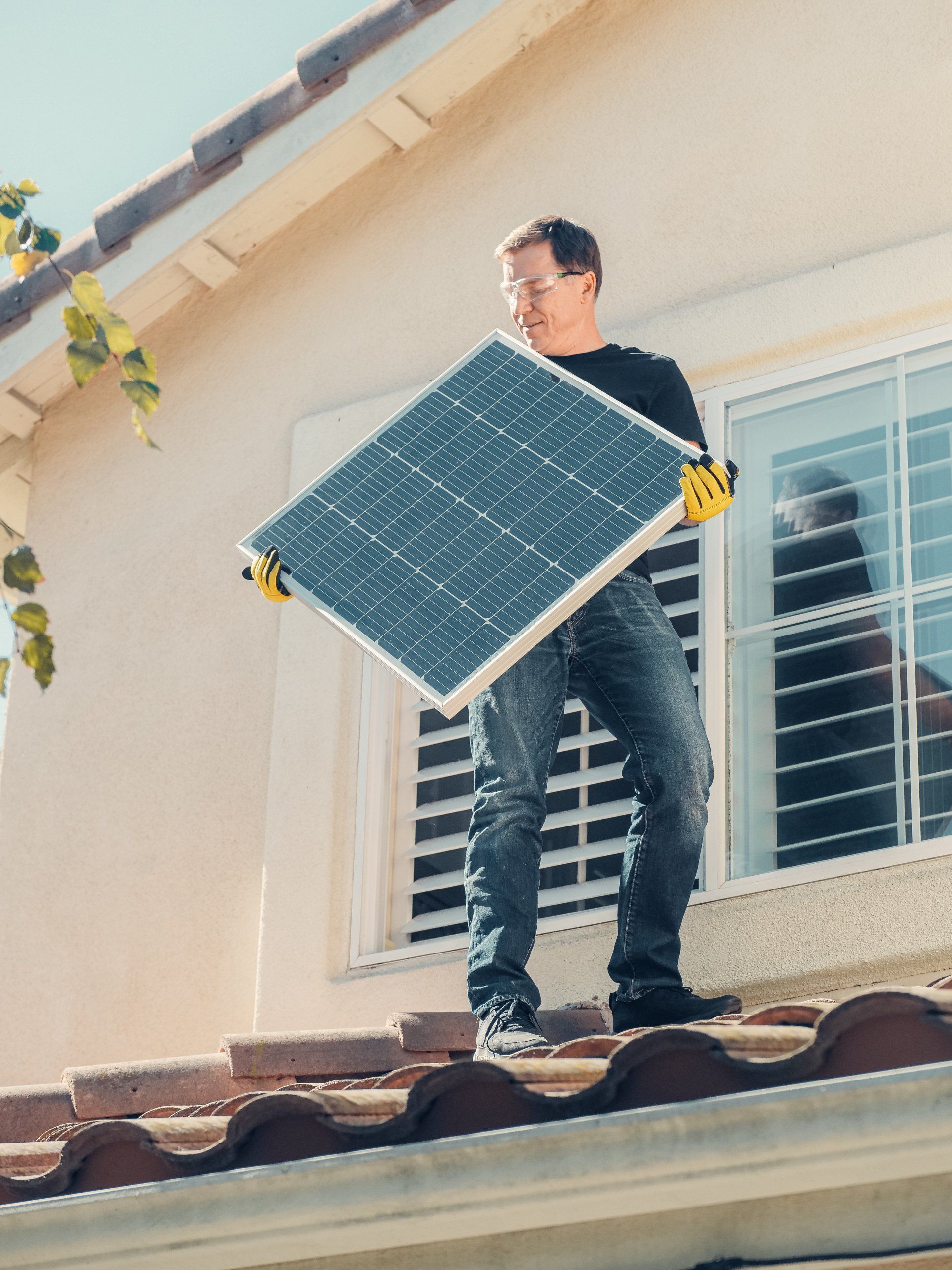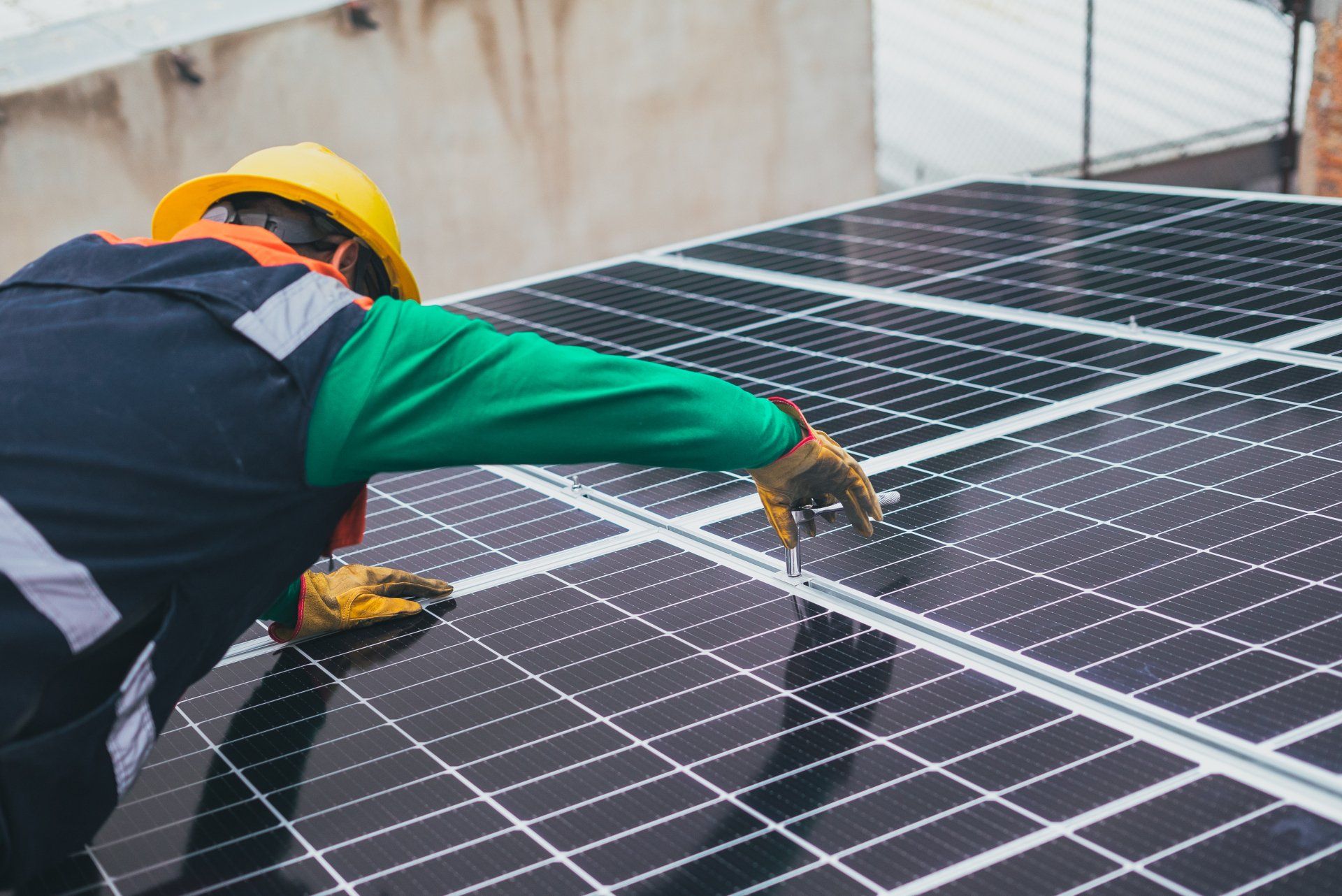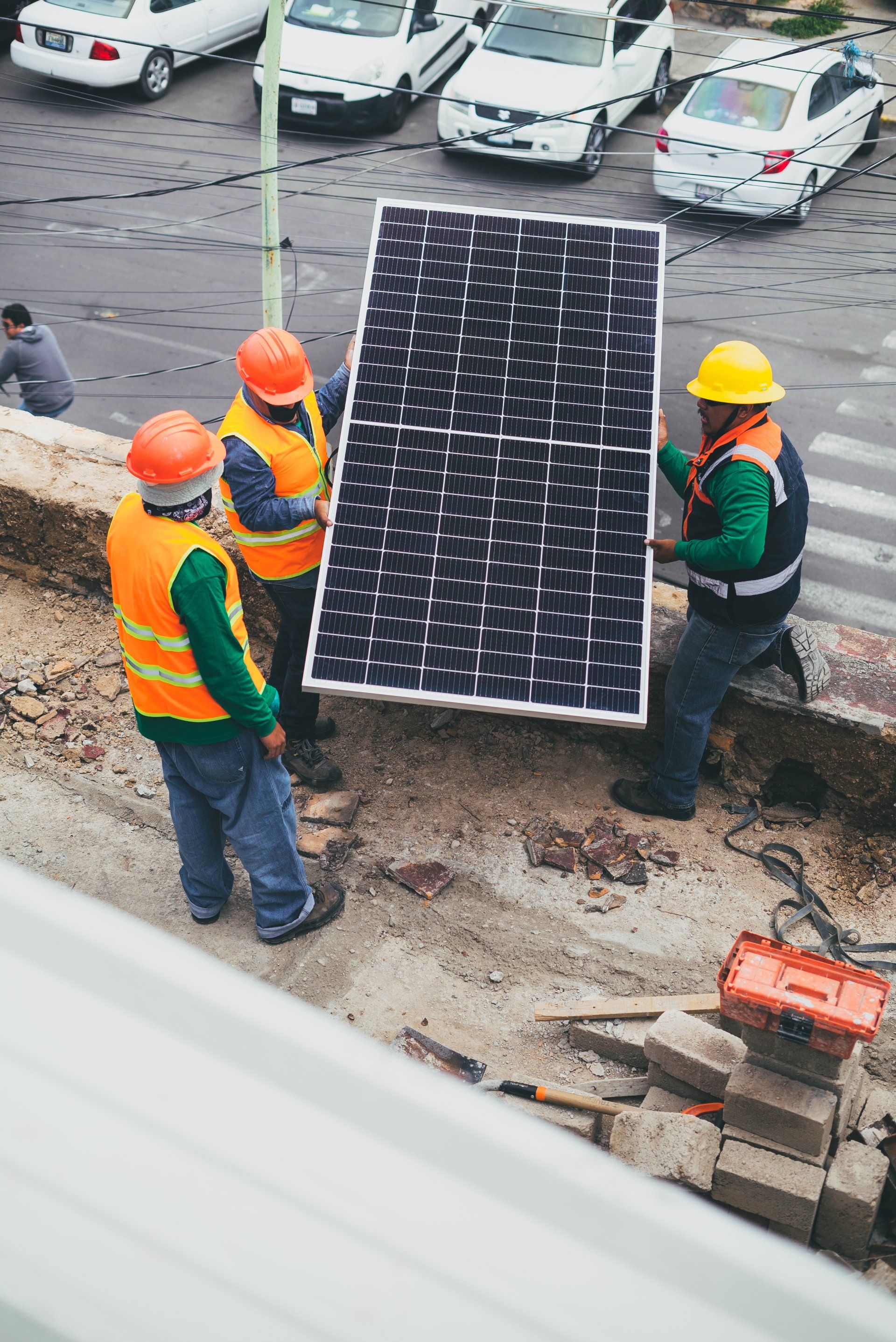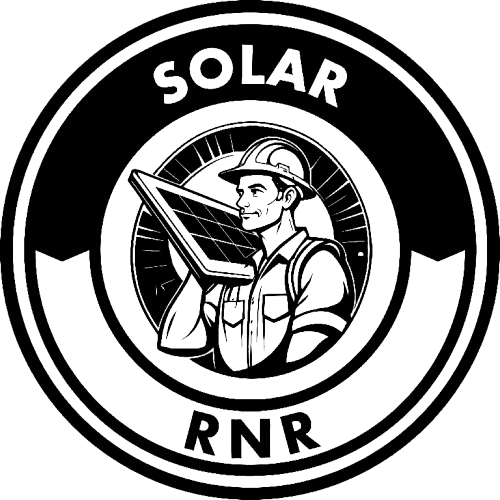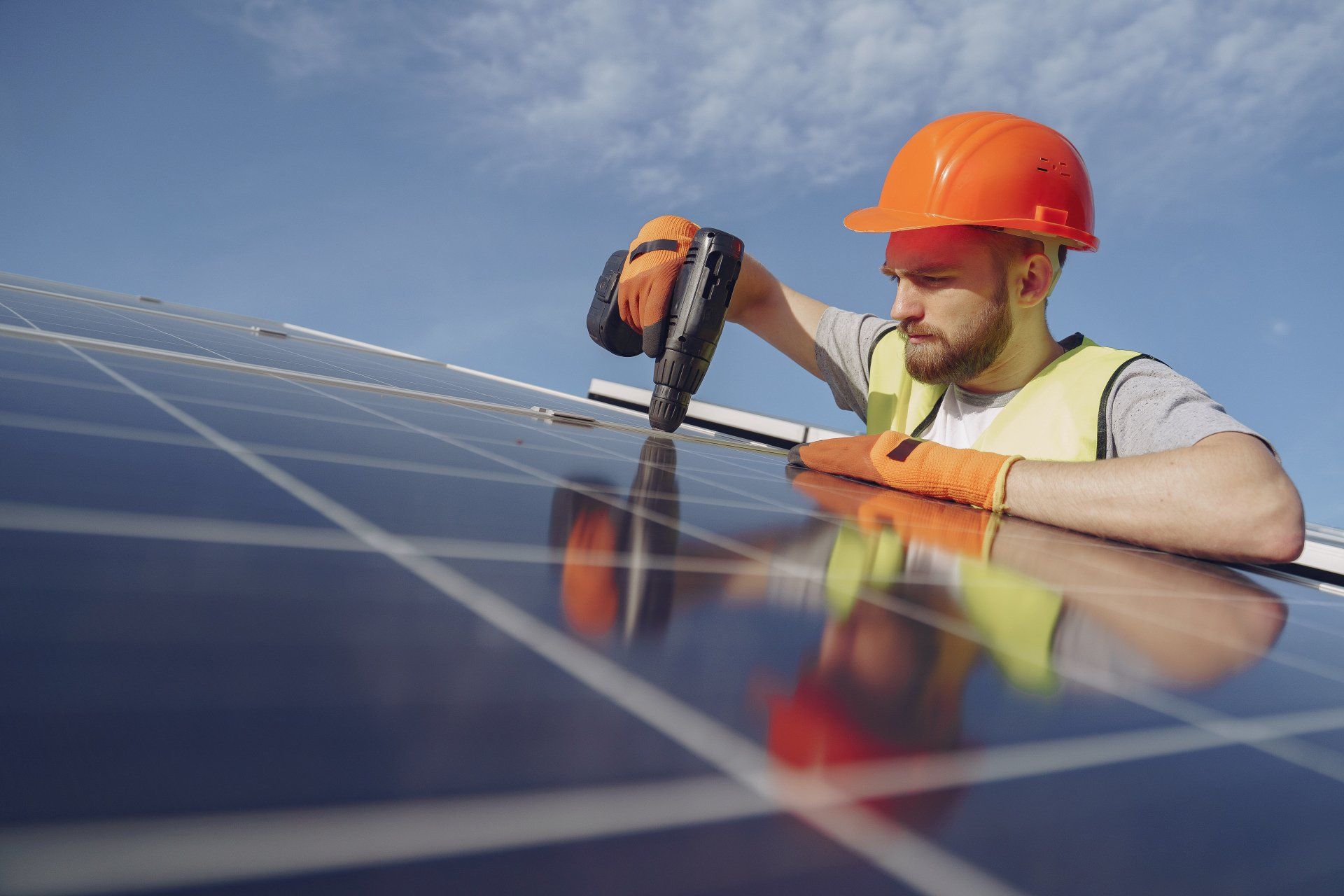Solar Panel Replacement
Replacing Your Solar Panels
Hiring Solar RNR for solar panel replacement provides several key advantages. First and foremost, they offer a tailored approach, helping you select the best replacement options based on your specific energy needs, budget, and environmental goals. This personalized service ensures that the replacement aligns perfectly with your requirements. Additionally, Solar RNR's commitment to sustainability is evident in their choice of technology. Newer solar panels not only enhance energy production but also typically have a lower environmental footprint in their production and energy generation. By opting for solar panel replacement through Solar RnR, you are not only benefiting from more efficient panels but also contributing to a cleaner, greener future.
How Often Do Solar Panels Need to be Replaced?
The frequency of replacing solar panels depends on several factors, including the type and quality of the panels, the environmental conditions they are exposed to, and the manufacturer's warranty. Here are some general guidelines to consider:
- Panel Lifespan: Most solar panels are designed to last for 25 to 30 years or even longer. As they age, their efficiency may gradually decrease, but this decline is often within acceptable limits. Therefore, replacing solar panels solely due to age is not typically necessary within the first few decades.
- Performance Degradation: While solar panels are designed to have a long lifespan, their efficiency can degrade over time. Manufacturers often provide a performance warranty that guarantees a specific level of output after a certain number of years. If your panels no longer meet the warranty's performance standards, it may be time to consider replacement.
- Physical Damage: Damage to solar panels, such as cracks, delamination, or severe discoloration, can significantly impact their efficiency. In cases of physical damage, replacement may be necessary.
- Technological Advancements: Solar technology continually evolves, and newer panels tend to be more efficient and cost-effective. If you want to take advantage of the latest advancements in solar technology, you might consider replacing older panels.
- Upgrades: If you're looking to expand your solar installation, upgrading or replacing panels might be necessary to accommodate increased energy production.
In general, solar panels do not require frequent replacement,
and many can last well beyond their warranty periods. However, it's essential to conduct routine inspections and monitor their performance to identify any issues that may necessitate replacement. Consult with a professional solar technician to assess the condition of your panels and determine whether replacement is warranted based on your specific circumstances.
Solar Panels Not Working
Solar panels can stop working or experience reduced efficiency for a variety of reasons. Here are some common issues that could be causing your solar panels not to work as expected:
- Dirt and Debris: Dust, dirt, leaves, bird droppings, or other debris can accumulate on the surface of the panels, reducing their ability to capture sunlight. Regular cleaning may be necessary to restore efficiency.
- Shading: Partial shading from nearby objects like trees, buildings, or other obstructions can significantly reduce a solar panel's output. If shading is an issue, adjustments to panel positioning or trimming trees may be required.
- Faulty Wiring or Connections: Damaged or loose wiring and connections can interrupt the flow of electricity from the panels to the inverter and the grid. Inspect and repair any wiring issues.
- Inverter Problems: The inverter is a critical component that converts DC power from the panels into usable AC power. Inverter malfunctions can lead to a system shutdown or reduced efficiency.
- Panel Damage: Physical damage to the solar panels, such as cracks, chips, or shattered glass, can impair their ability to generate electricity. Damaged panels may need to be replaced.
- Inefficient Panels: Over time, solar panels can degrade, leading to reduced efficiency. If your panels are significantly older, upgrading to newer, more efficient models may be a solution.
To determine why your solar panels are not working properly, we recommend contacting a qualified solar technician who can conduct a thorough inspection and diagnose the specific issue. Regular maintenance and monitoring can help prevent many of these problems, ensuring that your solar system operates efficiently over its lifespan.
Contact
Don't be a stranger!
Denver Location:
4771 Fox St, Denver CO. 80216
Colorado Springs Location:
5040 Corporate Plaza Dr. Suite 7, CO Springs 80919
